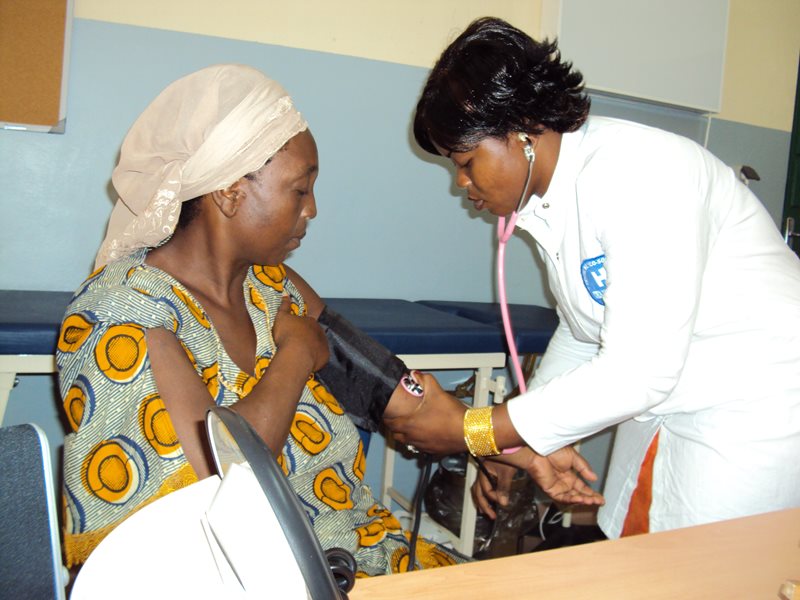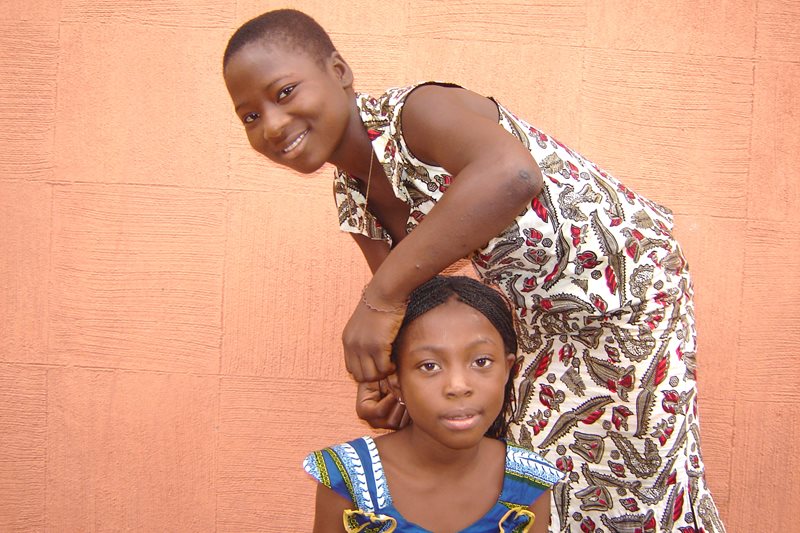A region struggling to create better social services for its population

Natitingou is located in north-western Benin. This region is much drier than the south of Benin, and it is also among the poorest and least developed in the country. Approximately 50 km outside Natitingou the isolated Pendjari National Park, which is famous for its wildlife, attracts visitors to the region. Agriculture, however, remains the backbone of the region.
Very limited access to medical treatment and education is the reality for a large portion of the population in this region. Consequently, the rate of illiteracy remains high, and girls and women, in particular, are disadvantaged when it comes to education. Through initiatives such as making basic education free for girls, the government is undertaking actions to relieve the situation, but insufficient access to basic services will remain a challenge for the foreseeable future. Snakebites are common in rural northern Benin, and they reveal only too clearly the vulnerability of people in this region where medical treatment is scarce. In cases of snakebites and other emergencies, the duration of the transportation time to a medical clinic often determines whether a patient lives or dies. Lack of adequate nourishment is also a major threat to the well-being and development of thousands of children in the region.
The importance of strengthening families and raising awareness on children’s rights
More must be done in Benin to raise awareness on children’s rights so the suffering of children being trafficked or placed as domestic servants can be stopped. Child trafficking is unfortunately a common phenomenon in Benin, and so is the cultural tradition of "videmegon", where children from poorer families are placed in richer families. Nowadays, many of these placed children live a slave-like existence full of domestic chores and many suffer abuse of all kinds. In addition, thousands of children in the region are facing tough existences as orphaned children, and these children are particularly vulnerable and dependent on support and better social infrastructures. SOS Children’s Villages seeks to make a difference in the region by strengthening families and providing basic services in Natitingou as well as by promoting children’s rights.
What we do in Natitingou

SOS Children’s Villages has been working to improve the lives of vulnerable children in Natitingou since 1999. Through our social centre, we support local families at risk of breaking apart with everything from food packages and medical support to job-skills training and awareness of children’s rights.
Local children and children from SOS families benefit from the primary school and the kindergarten run by our organisation in Natitingou. The kindergarten and the primary school ensure that the children receive basic education. The day-care provided here helps parents or carers tend to their daily work knowing that their children are well looked after by professional co-workers.
Since 2010, an SOS Medical Centre provides the local community with much needed access to medical examinations and treatments. Thousands of tests are carried out, and malaria and various infections, in particular, are detected and thus treated at an early stage. The medical centre is also involved in workshops to educate the population on health issues and on how to prevent and deal with HIV /AIDS.
Children with no one to care for them can find a home in one of twelve SOS-families, where they can grow up in a safe and loving environment as a family together with siblings. An individual development plan is carefully prepared for each child in our care, and all children have access to an education or vocational training. When the children become adolescents, they typically move into a different kind of shared accommodation in Natitingou, and sometimes even in Abomey-Calavi if the educational path of the young person requires it. In these programmes, young people from SOS families live under the guidance of professional counsellors while finishing their education or training. During this time they learn to become independent and shoulder responsibility.